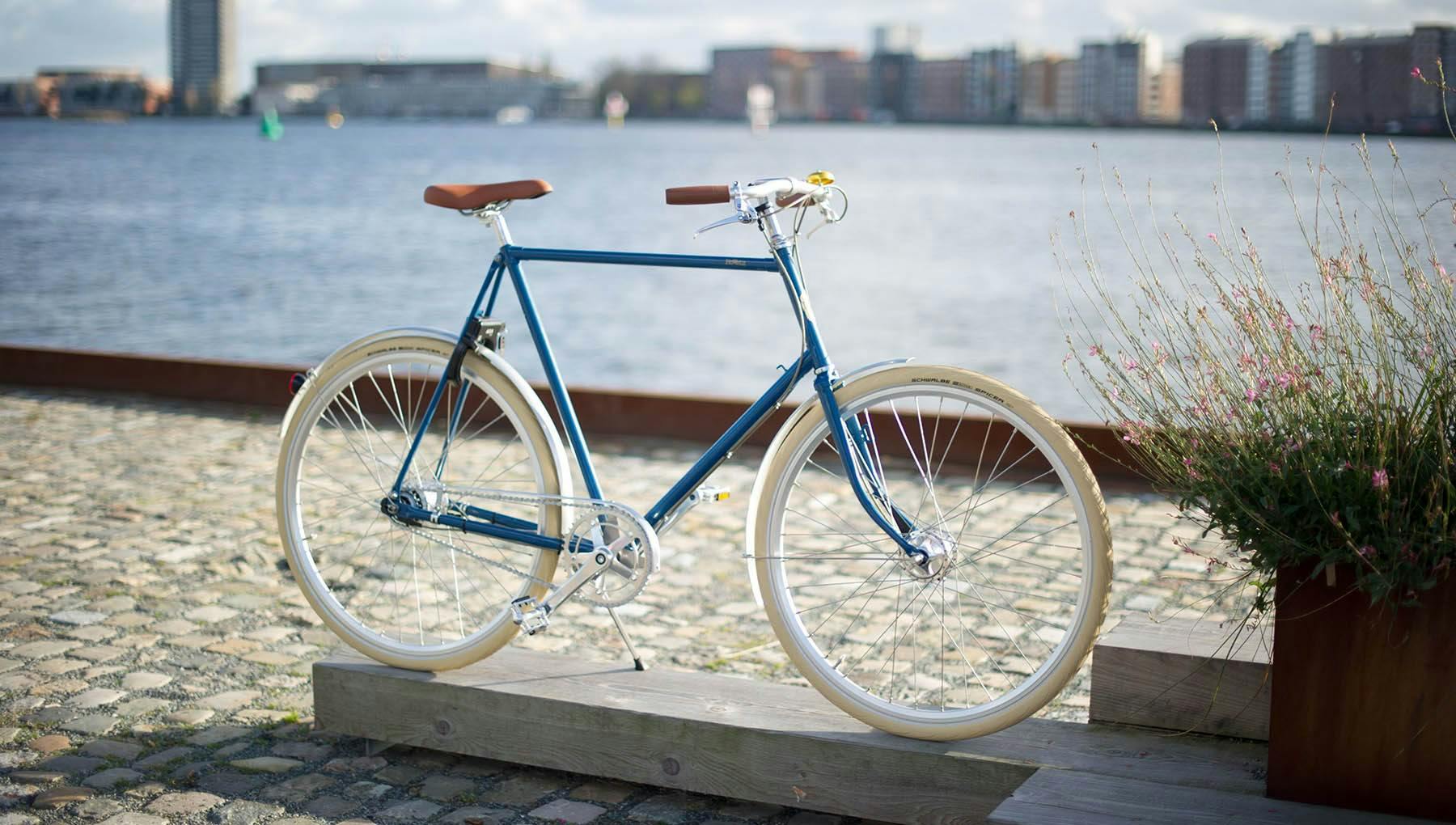Meet the entrepreneurs in the City of Amsterdam's RE:SILIENCE program
Amsterdam Impact, a City of Amsterdam initiative to strengthen the impact entrepreneurship ecosystem, has developed the RE:SILIENCE programme with Goldschmeding Foundation and Impact Hub Amsterdam to help impact enterprises emerge from the COVID-19 crisis stronger than before.
As the current crisis reinforces the need for innovative business models, the RE:SILIENCE programme supports entrepreneurs to create more resilient businesses that keep contributing to a more sustainable and inclusive economy.
Thirteen enterprises are joining the programme to reimagine their strategies with the guidance of specialists, experts, and mentors, and to share their knowledge and experience with their peers. Learn more about them:
Roetz-Bikes produces circular and inclusive bicycles by reusing discarded parts, such as steel frames, and helps people with a distance to the job market gain new skills and confidence.
Sustainer Homes uses a circular building system to develop high-quality housing and offices that emit 90 percent less CO2 than their traditional counterparts.
De Groene Afslag, a multifunctional meeting space in a building formerly slated for demolition, is fully furnished with reclaimed objects and operates a sustainable restaurant.
Studio JUX believes fashion should be fun and enjoyable for everyone and sell guilt-free goods including an eponymous collection handmade at their fair factory in Nepal.
De Ceuvel is a circular playground that makes sustainability tangible and fun through, for instance, a cafe that serves 'bitterballen' from oyster mushrooms grown on coffee grounds.
Innofest helps startups get more quickly on the market by connecting them to major Dutch festivals, which are an ideal environment for testing innovations.
GoodHout makes a bio-based and durable engineering composite from post-harvest coconut waste while providing additional income to local farmers in emerging markets.
Paper on the Rocks creates environmentally friendly, tree-free stationery from materials such as upcycled stone and agricultural waste.
Plastic Whale ‘fishes’ PET bottles from Amsterdam and Rotterdam waterways and turns them into flakes and fibers used for the recycled PET felt in their furniture.
By Borre allows brands and designers to custom engineer textiles and have them produced on-demand with sustainable materials and knit techniques that reduce energy waste.
Fiction Factory, a construction and furniture studio with a range that spans exhibitions, shop interiors, offices, restaurants, and one-off productions, is currently developing circular offerings.
De Verspillingsfabriek makes delicious fresh soups and sauces from surplus vegetables that would otherwise be wasted.
Impact Hub Amsterdam, partner of the RE:SILIENCE programme, is joining to share insights from building a circularity ecosystem.
Explore resilient economy resources
Read this to learn about the City of Amsterdam’s resilient economy initiatives. These include a paper that maps the issues and opportunities emerging from the socio-economic effects COVID-19 had on impact entrepreneurs in Amsterdam and cities around the world.
